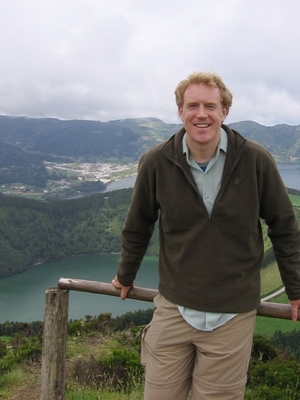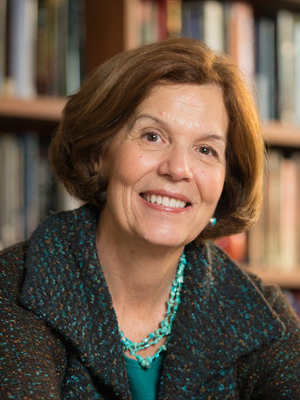Incarceration
Leaders: David Harding, Stephen Raphael, Joan Petersilia
Since the mid-1970s, the United States has experienced a precipitous rise in incarceration, with about 2.3 million U.S. adults now incarcerated in state and federal prisons. In recent years, there has been increasing pressure to wind down this commitment to mass imprisonment, and it’s accordingly important to study ways to reintegrate successfully. The Incarceration RG is tasked with monitoring and evaluating the relationship between poverty and sentencing, parole reform, probation, reintegration, and recidivism.
Poverty and the decline in prison population: Will the ongoing decline in California’s prison population bring about an increase in homelessness, mental health service use, and other poverty-relevant outcomes? This line of research will reveal whether ongoing declines in incarceration should be coordinated with increased funding for programs that may substitute for incarceration.
Arrests, race, and poverty: Is reducing arrests the only way to reduce criminal bookings (and the employment-reducing effects of such bookings)? There may be another way.
CPI Collaborators
 |
Matthew Clair |
Assistant Professor of Sociology |
Stanford University |
 |
David Harding |
Incarceration Research Group Leader, Associate Professor of Sociology |
University of California, Berkeley |
 |
Hilary Hoynes |
Safety Net and Incarceration Research Group Leader, Professor of Public Policy and Economics, Haas Distinguished Chair in Economic Disparities |
University of California, Berkeley |
 |
Devah Pager |
Professor of Sociology, Professor of Public Policy, Harvard Kennedy School |
Harvard University |
 |
Becky Pettit |
Professor of Sociology; Faculty Affiliate, Population Research Center |
University of Texas-Austin |



